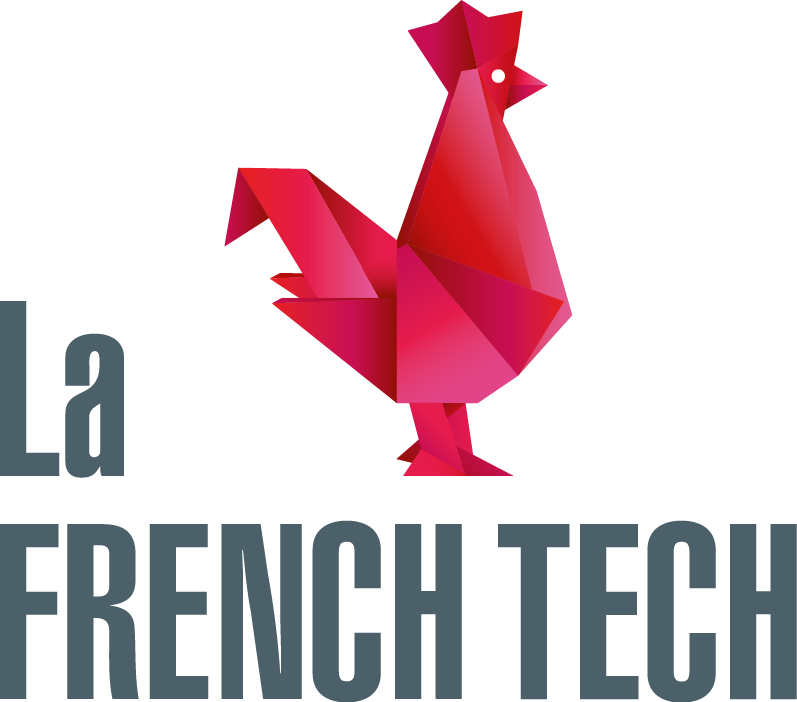In the Manager’s kitchen with Jérôme Teiletche, Unigestion’s Head of Cross Asset Solutions
Want to know the secret of Unigestion’s success? Quantilia’s co-founder was lucky enough to sit with Jérôme Teiletche to exchange around implementation of strategies. Jérôme explains us how they do it at Unigestion: from economic theory to scalable investments and dynamic asset allocation.
Theoretical vs pragmatic views : key points to consider before implementing any strategies
Quantilia [Guillaume Subias]: Jérôme, you are a PhD in Economics, a lecturer, an author, and you design and manage cross-asset mandates and funds for institutional and UHNWI clients at Unigestion. How hard is it to translate theoretical views into pragmatic, investable, tradable and scalable strategies? What are the key points to consider before any implementation?
Unigestion [Jérôme Teiletche] : It is true that our approach relies extensively on research, including academic research. We have partnerships with universities such as EPFL, Imperial College London and Dauphine, where we are funding academic projects or accessing a pool of talent with the right academic credentials.
But we are also producing a lot of research internally, and team members have a significant portion of their annual KPI (Key Performance Indicators) evaluated based on their contribution to the research programs. As an example, I have 20% of my own KPI in research.
However, our long experience in bringing academic concepts to implementation has shown us that, from theory to practice, there are many pitfalls to avoid. Academic literature is full of strategies that look great on paper but cannot meet expectations in real life, either in terms of implementation costs or simply because they have been overfitted in historical samples. We have designed a thorough process to avoid such traps.

Strategies are initially developed by a working group which applies our robust back-testing framework.
The purpose of this set of protocols is notably to reduce the risk that the researcher has extensively worked on the database to find the best strategy. The strategy is then presented to the global research committee where colleagues with different backgrounds challenge the results and the methodology. At this stage, the focus is on added value vs trading costs. If approved, the strategy then goes to the relevant investment committees, which will focus on its implementation within portfolios.
Over time, we constantly monitor whether the rationale for the strategy and liquidity conditions are still valid.
Quantilia: Unigestion’s leitmotiv is “intelligent risk-taking”. How is that implemented on a day-to-day basis by you and your teams?
Unigestion : Our DNA is built around risk-based investing. But for us, this does not mean always avoiding all risks or being ultra-defensive – it means only selecting the risks we think are going to be rewarded. In particular, we are more attracted to asymmetrical return profiles.
To implement this, we measure the risk of any investment by adopting a multi-dimensional view. Our core risk measure is based on Expected Shortfall, which is the average loss during the worst time periods. To measure this risk on a forward basis, we combine our proprietary volatility, downside risk, liquidity, leverage and ESG risk scores.

Quantilia: Your flagship cross-asset fund is the Unigestion Cross-Asset Navigator. It succeeds in delivering smooth and steady returns. Would you kindly give us some insights into how you deliver top quartile performance?
Unigestion : Navigator is a multi-asset strategy and can invest in a large spectrum of asset classes in a very flexible way.
Over the last two decades and more, traditional multi-asset strategies, such as 50% equities / 50% government bonds, have on average delivered results of great value for investors with equity-like returns, but with a much lower level of risk (whichever risk measure is chosen). However, we doubt that such results will easily be reproduced in the future as government bonds are expected to post much lower returns.
In fact, yields are even negative for many bonds in Europe now. Furthermore, and contrary to some expectations, we believe traditional multi-asset strategies are too driven by what equities are doing.
To cope with these issues, Navigator relies on two innovative pillars:
- First, we are strategically enhancing the diversification profile by looking for better diversification across economic regimes and by using additional uncorrelated sources of return, such as alternative risk premia.
- Secondly, we dynamically adapt our portfolios as frequently as necessary to changing global conditions. These dynamic adjustments roughly constitute 50% of our global portfolio management.
Key factors to look at while performing an analysis
Quantilia: As a seasoned economist, what are the key factors you look at to perform your analysis? In other words, in terms of macro risks and other factors, what is driving your asset allocation? What is your market outlook as we speak?
Unigestion : As mentioned before, we implement a very dynamic allocation process.
For this, we systematically monitor key dimensions of risk: macro risks, market sentiment and assets class valuations. On the macro side, we have developed tools, our proprietary Nowcasters, that allow us to track in almost real-time how economies are performing in terms of growth and inflation.
Since the strategy was launched, this dynamic allocation process has, on balance, generated positive returns while protecting on the downside when markets are moving lower. This probably reflects our focus on risks first.
After having been defensive between May and late August of 2019 by increasing duration and using more low-risk strategies in our portfolio, we turned our positioning in early September. We are probably more constructive than many other investors at the moment.
We believe that after a strong deceleration in global economies, we are now entering a period of stabilization.

Some economies have been impacted more than others, such as the Eurozone, which is close to a recession, and some usual indicators, such as the inversion of the yield curve in the US or a PMI reading below 50, are alarming.
However, looking at a broader set of indicators, we are cautious on the outlook, but not pessimistic. We think that with the very low inflation risks, central banks have put in place a cushion that will protect economies in the short term. If there is more evidence that economies have stabilized, then sentiment will turn more positive.
As the environment remains uncertain, our preference is for carry assets such as parts of the credit markets where valuations remain more attractive relative to government bonds.
Quantilia: Your strategies include an allocation in alternative risk premia. How do you see the evolution of this asset class and what are the pitfalls that investors need to avoid?
Unigestion : Many investors were disappointed by the performance of alternative risk premia in 2018. To some extent, this might reflect the fact that expectations were too high.
We have been using alternative risk premia in our flagship multi-asset strategy since its launch in 2014 and our own experience has been very positive. Our internally designed program of strategies has delivered risk-adjusted returns in line with our expectations with a close to zero beta to traditional assets such as equities. During the toughest periods for alternative risk premia, such as February 2018, our focus on risk diversification has allowed to better resist.
Quantilia: Unigestion strategies were onboarded on to the Quantilia platform a year ago. What was (were) the main reason(s) for joining us in our journey?
Unigestion : I think both Unigestion and Quantilia are very aligned in the objectives of promoting innovative strategies to investors and offering transparency on how they work and how they can be used. I think we also share strong beliefs in the benefits of new technology in the investment management world and risk premia is an example of this common approach.
———————————————————————————————————————————————————————-
Biography of Jérôme Teiletche
Jérôme Teiletche, PhD, Managing Director, is Head of Cross Asset Solutions and a member of the Unigestion Executive Committee. He joined Unigestion in June 2014. Jérôme began his career in 1999 as an Economist in the Forecasting Directorate at the French Ministry of Finance in Paris.
In 2001, he joined Natixis CIB as Strategist–Economist focusing on Global Asset Allocation issues and became Senior Quantitative Analyst at the Alternative Investment Division of Societé Generale Asset Management, Paris in 2006. Since 2008, Jérôme worked for Lombard Odier Asset Management, Geneva in the Institutional Investment Division as Head of the Solutions Group, leading all multi-asset and single-assets systematic investment strategies.
Jérôme holds a M.Sc. in International Finance and Economics from Bordeaux University and a Ph.D. in Economics also from Bordeaux University. Jérôme has taught at various universities and has authored in numerous academic and practitioner journals and books.
About Unigestion
Unigestion is an independent, specialist asset manager providing innovative, tailored solutions for investors worldwide. Since our creation in 1971, we have stayed true to our conviction that intelligent risk-taking is key to delivering consistent returns over time. Today, we are responsible for USD 22.9 billion in assets under management across our four areas of expertise – equities, private equity, liquid alternatives and multi asset.
By taking risk in a measured, informed way, we aim to deliver superior performance for our clients. We take a multi-dimensional view, using a powerful combination of human insight and leading-edge technology to gain a deep understanding of financial markets, while our strong research focus allows us to continually adapt and refine our approach.
Helping our clients achieve investment success drives everything we do. We take the time to truly understand their requirements and work with them to create tailored solutions that meet their specific needs. We have decades of experience in running bespoke mandates, which today account for the majority of our assets under management.
Headquartered in Geneva, Unigestion has a global presence that extends across Europe, North America and Asia. We are privately owned, with a shareholder structure designed to ensure our long-term stability and align our interests with those of our clients.
Source: Unigestion, as at June 2019.


